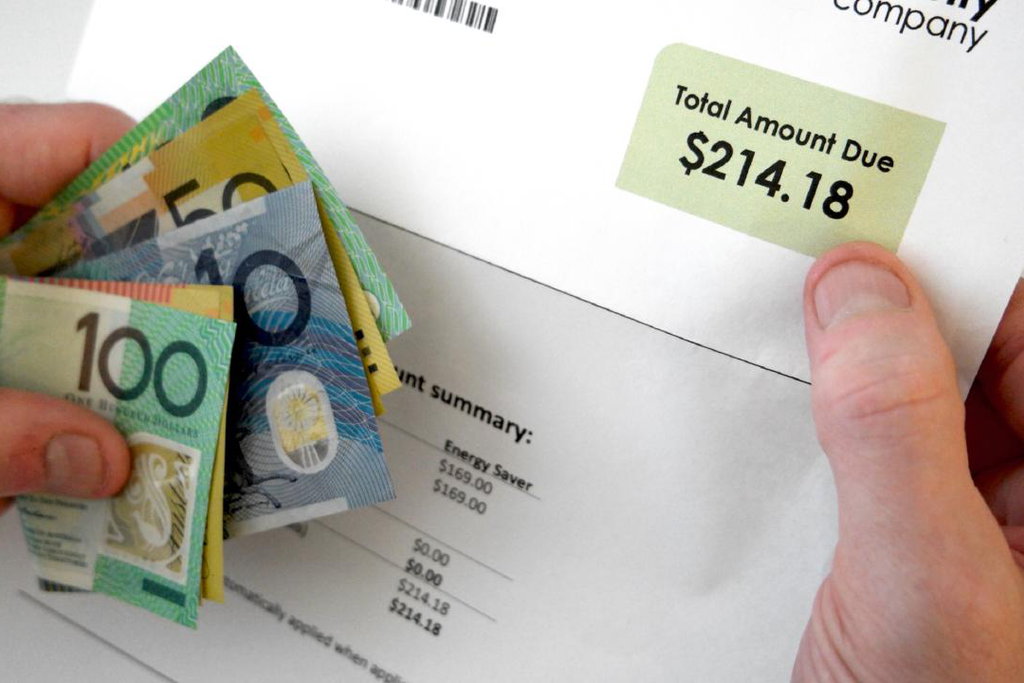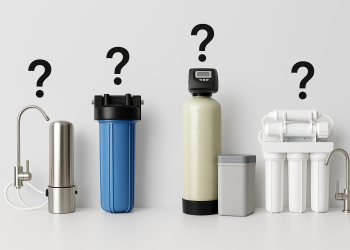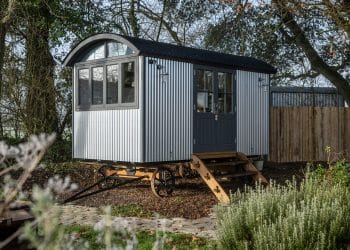Do you like saving money on your energy bills?
Who doesn’t, right? Particularly if you live in an older home and/or a larger residence, energy bills can easily go up in winter because of the cold or in summer because of the heat.
Fortunately, with a little bit of smart planning it’s not difficult to reduce how much you have to pay. Here are 5 ways to help you out.
1). Get a Mini Split
Have you ever wanted an efficient and compact heating system? How about an air conditioning system that is equally efficient and compact?
If you answered yes to either one of those, you’ll want to learn about mini splits, which combine heating and air conditioning capabilities in one efficient, compact package.
Mini splits are far, far more energy-efficient than conventional systems. You will beyond doubt save money, and probably quite a bit of it, on your energy bill if you have been using something like a central split system.
In addition to being more energy-efficient, a type of mini splits known as low ambient mini splits are better able to withstand colder temperatures outdoors.
This is an issue with many other types of heating and cooling systems that make use of an outdoor compressor: when the temperature gets too cold, the compressor’s ability to make heat is compromised at the very time when it is most needed.
Low ambient mini splits, however, are specifically designed to deal with this problem. So, if you live in an area known for especially cold winters, consider a low ambient mini split.
2). How’s Your Roof?
We’ve talked before about repairing or replacing your roof, and energy efficiency is an additional factor to consider along with water damage and other things.
If your roof is in good condition, it will be better able to help keep in heat in the winter and cold in the summer. Of course, you will also want to make sure you have the right insulation.
A damaged, leaky, broken-down roof is a roof that will not keep in air of the type you want. So, make sure your roof is in good condition, and repair or replace at need to ensure you do not spend too much on your energy bill.
3). Your Thermostat Can Help You
Thermostats can be very helpful tools for maintaining temperatures, and that means they can also help you to save money on your energy bill. Therefore, be sure to compare electricity rates and choose a service provider that offers the best cost-effective plan if you plan to add this new technology.
Think about it: even during winter, you don’t need your heat on all the time.
After all, you’ll be out of the house sometimes. Depending on where you live and how well-insulated your home is, it may well be perfectly reasonable to turn your heat off while you are out, or at least turn it down.
Similarly, it’s a good idea to turn it down during the night. This can actually help you sleep better as well as save on your energy bill.
A programmable thermostat makes this especially easy. Look for a smart model that will integrate with your phone; that way you can change it while you are away from home if you ever forget to do so before you step out.
4). Get an Efficient Showerhead
Believe it or not, your showerhead could be costing you on your bill as well. All showers dispense significant quantities of water, but some do so in a more efficient manner than others.
If your showerhead is an older model, look for a newer, more energy-efficient one. You might be surprised at the difference it makes.
5). Consider Energy Efficient Appliances
A dishwasher, laundry washer or dryer, and a water heater are all very major investments, and you will not want to replace these if you can help it.
However, if you are in need of a new one of any of these appliances, look for an energy-efficient model so that you can save the most off of your energy bill.
For example, older models of dishwasher often use more than 10 gallons of water for a single cycle. Compare that with the 5.8 or fewer gallons required of any dishwasher bearing the Energy Star label.
Also, if your water heater is not in need of being replaced, see about turning it down a bit. You might be able to save that way.
Conclusion
Everyone would love to save money on their energy bill: in addition to the obvious financial benefits, it is good for the environment to consume less whenever possible.
Conserving energy starts by thinking about how you use energy and figuring out where you can either reduce consumption or be more efficient in how you consume.
As the 5 solutions profiled by this article demonstrate, conserving energy while continuing to enjoy warmth in winter and cool in summer is quite doable.








